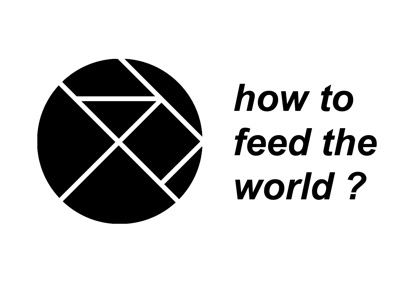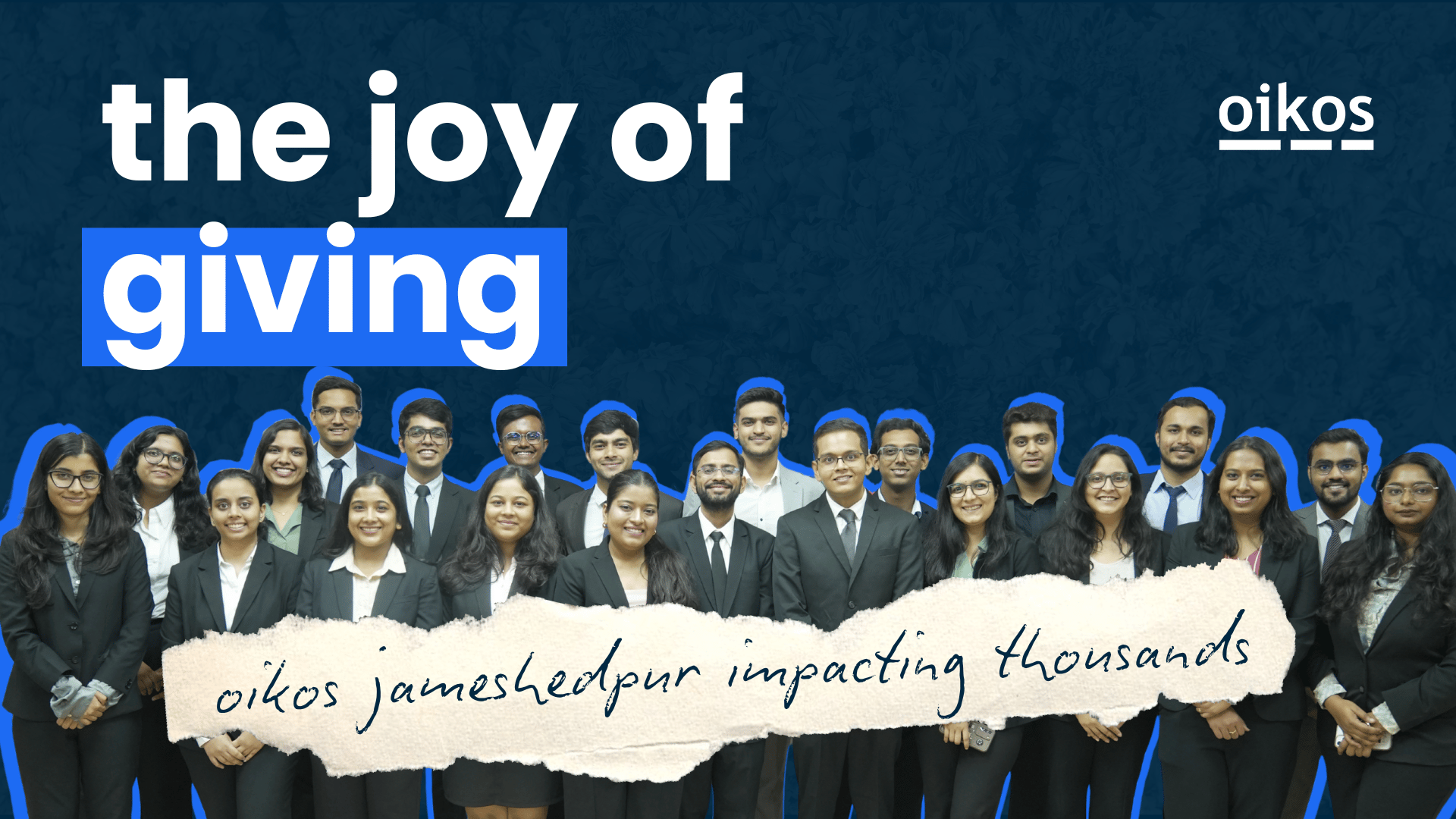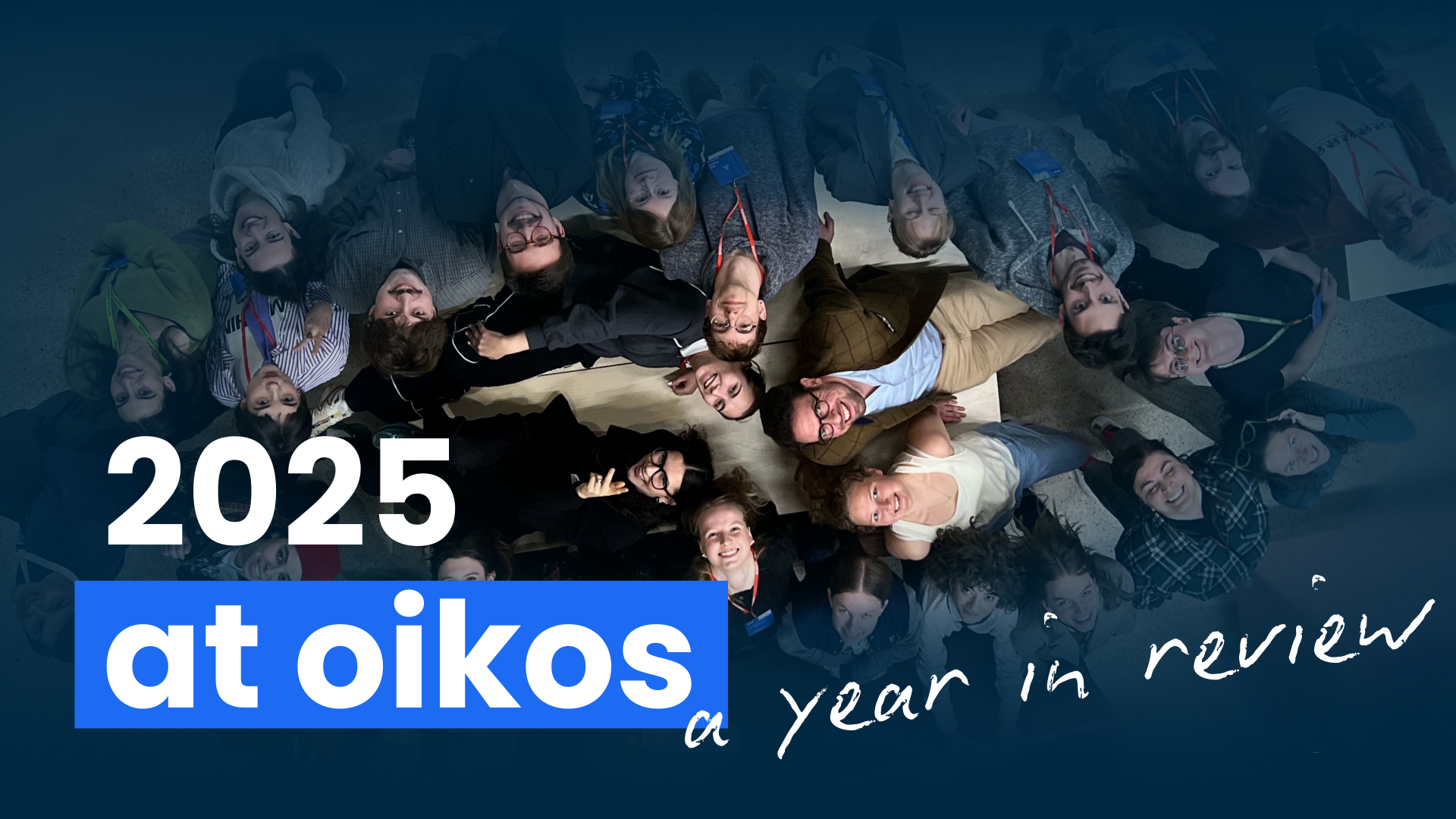
On Monday February 22nd, the Winter School team 2016 welcomed 16 participants from various countries to the Winter School on „How to feed the world?“. This first day was almost entirely dedicated to knowing each other and understanding why the topic of food security is so important to any country in the world. After many games and seeing a video that introduces the general idea of the topic, participants learnt more about oikos as an organisation. Participants were also divided into teams of 2, which were named coaching teams, as they would be reflecting on each day of the week with their partner and write down their most inspiring moment of the day on our board. The evening reached and everyone gladly tuck into bed as the traveling had made everyone tired.
 The first day of the content of the School was Tuesday. With an optional yoga session in the morning, Tuesday entailed workshops by two guests: Wilfried Bommert (World Food Institute) and Gertrud Falk (FIAN), respectively addressing the topics of the possibilities for the future and the right to food. In between the guest sessions were also two sessions that pushed participants to create schemes and diagrams of the food system as they saw it, the stakeholders within it and more. The day ended with full minds, as the load of information on the complexity of this field stunned participants. The third day also started with a joga session, and the role of international trade brought by Bernhard Brummer from Gottingen University. After a fish-bowl discussion with the professor another professor took charge of the second part of the day on productivity and hands-on soil exploration in the fields of Witten. This was led by Walter Rossing frm Wageningen University. The day ended with an interesting exercise called ‘contact jam’ and delicious dinner.
The first day of the content of the School was Tuesday. With an optional yoga session in the morning, Tuesday entailed workshops by two guests: Wilfried Bommert (World Food Institute) and Gertrud Falk (FIAN), respectively addressing the topics of the possibilities for the future and the right to food. In between the guest sessions were also two sessions that pushed participants to create schemes and diagrams of the food system as they saw it, the stakeholders within it and more. The day ended with full minds, as the load of information on the complexity of this field stunned participants. The third day also started with a joga session, and the role of international trade brought by Bernhard Brummer from Gottingen University. After a fish-bowl discussion with the professor another professor took charge of the second part of the day on productivity and hands-on soil exploration in the fields of Witten. This was led by Walter Rossing frm Wageningen University. The day ended with an interesting exercise called ‘contact jam’ and delicious dinner.
Thursday came almost too soon, as most participants could not even keep up with remembering what day it was. The day started in the best of ways with a breakfast, session and lunch with Hans Herren, winner of the World Food Prize, the so-called Nobel prize in this field. The open lecture attracted many students and professors alike. The afternoon was dedicated to understanding local markets and small-holder agriculture with Karina Brenneis from GIZ in Germany. A very magical dinner ended the day, with Pepe Dayad, from the initiative Nowhere Kitchen coming to cook and explain the concept of cooking with solely leftovers. The final day of the working week, but not of the School, featured four field activities that participants could choose amongst: insect food, aquaponics, Demeter farming and the German version of CSA. Groups of participants attended these different acitvities and were inspired by the extent of techniques that are possible and implementable. In the afternoon, the groups executed more research on the topics and presented their discoveries. The day ended with an insect dinner by essento, whose founder is an oikos alumnus.
The true final day arrived and was totally dedicated to design thinking. After an entire week filled with discussions, inputs and colours, it was now time to understand how to put it into project/startup/practice. The day was facilitated by Patrick Rebacz and even though some found the process less interesting than others, it was a great experience to be confronted with. The day ended with a wonderful feedback round, a big dinner and a relaxed party in the centre of Witten. On Sunday many participants were either too tired to join the final brunch or already had their trains in the morning, however, everyone left with a feeling of positivity, need to create solutions and an unforgettable experience. As an Indonesian participant put it: “even if I had come all the way to Europe just for the Winter School, it would still have been worth it!”




